Dean Sevin Yeltekin
Dean’s Corner
This is a blog for the Simon community experts, scholars, inquisitive minds to discuss their research discoveries, current topics in business, economics, policy and regulation and future of management education. Join me in the Dean’s Corner and let’s start a conversation.
Winning the rat race: The effect of peer salaries

Winning the rat race: The effect of peer salaries April 9, 2024 | By Professor Ron Kaniel In this blog post, Professor Ron Kaniel explains why relative compensation matters and why wage transparency requirements can backfire. In economics, contract and incentive theory seeks to uncover what motivates employees to perform at their peak. Crack that code, the thinking goes, and you can design a

Marketing environmental change March 27, 2024 | By Professor Kristina Brecko In this blog post, Professor Kristina Brecko shares findings from her harm reduction field research to illustrate the power of strategic marketing. Background Amid historic drought conditions, the State of California

In this Q&A, technology strategist Aditya Singh’08S (MBA) reflects on how generative AI is changing the world of work and predicts who will succeed in the new normal.
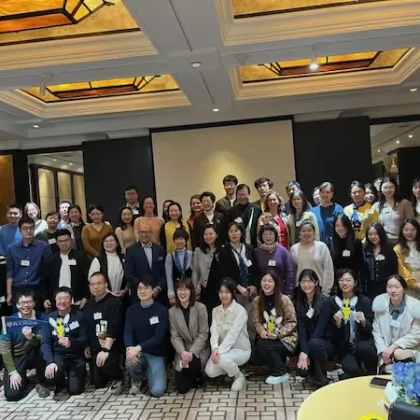
Dean Sevin Yeltekin makes the case for expanding Simon’s Chinese connections.

In this Q&A, business analyst Benedikt Statt ’16S (MS) reflects on the benefits and the limitations of using generative AI in a data analytics role.
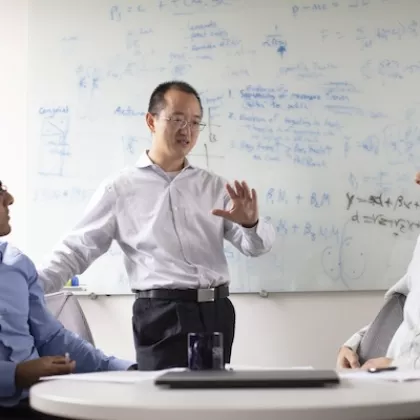
In this blog post, Professor Huaxia Rui presents the first large-scale evidence of racial bias in customer service interactions on social media.
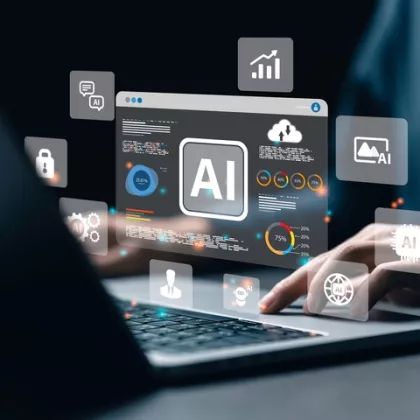
In the first installment of this Q&A series on generative AI, strategy consultant Jeff Sigel ’01S (MBA) describes four pillars of generative AI usage and warns against common pitfalls.

With the advent of ChatGPT, what does artificial intelligence (AI) mean for the future of human labor? Professor Huaxia Rui shares his insights from a working paper on the subject.

In this blog post, Professor Elena Prager shares how to make the most of health care dollars through smart, efficient health insurance plan design.

In this Q&A, Senior Lecturer Sam Ogie delves into the economic and political dynamics that impact pharmaceutical drug prices in the U.S.
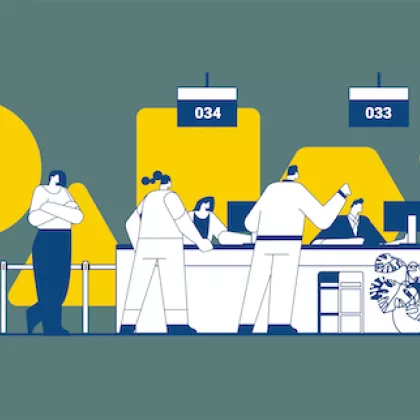
In this blog post, Professor Ricky Roet-Green presents five insights into the optimal amount of wait time information to provide to customers.

In this Q&A, Simon Assistant Professor Alex Priest takes a closer look at the forces that have shaped the commercial and residential real estate markets in the COVID era.

Professor Avery Haviv presents five key insights into the effects of YouTube influencer marketing on the video game industry.
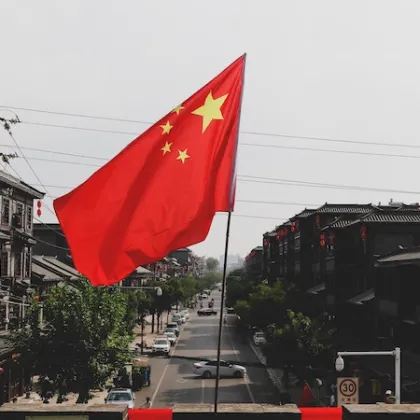
Dean Sevin Yeltekin and economics student Jack Peyre contrast the resilience of the U.S. economy with the vulnerability of the Chinese economy.

In this blog, Dean Sevin Yeltekin and economics student Jack Peyre debunk myths and misconceptions surrounding U.S. public debt.
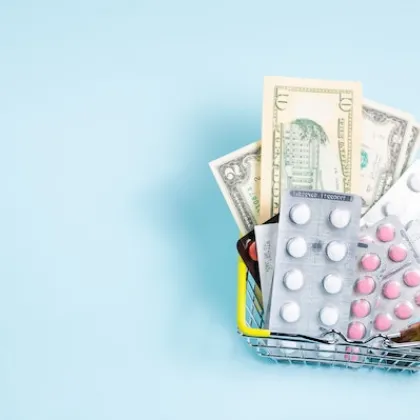
Senior Lecturer Sam Ogie examines U.S. health spending and suggests equipping health professionals with the skills needed to shape the future of their industry.
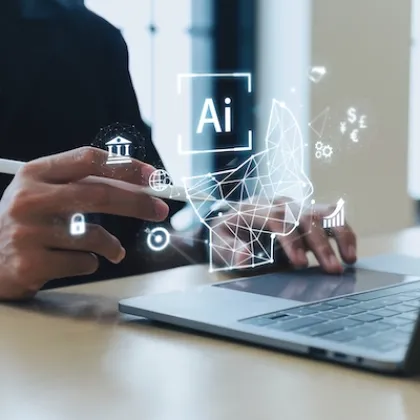
Professor Jeanine Miklós-Thal takes a closer look at the intersection of generative AI, competition, and antitrust concerns in the current market.
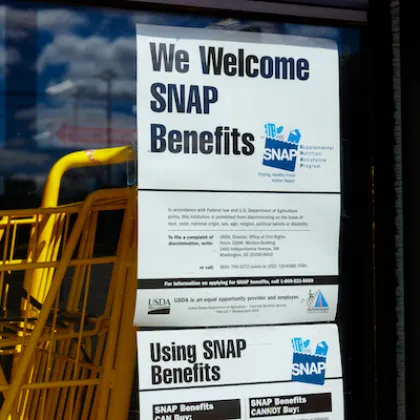
SPECIAL EDITION: Did recent research by Simon Economics Professor Elena Prager and a team of economists influence SNAP work requirement policy?

In this blog, Professor Vera Tilson shares an overview of four research studies that help healthcare professionals make the most of limited resources.

In this Q&A, Michael F. Rotondo, MD, CEO of the University of Rochester Medical Faculty Group, reflects on the challenges confronting the U.S. healthcare system and the value of a business mindset in navigating them.

Dean Yeltekin’s comments on the webinar: EDI in Business Education.

In this blog, Professor Jeanine Miklós-Thal summarizes key insights from a recent roundtable event on algorithmic pricing and competition.
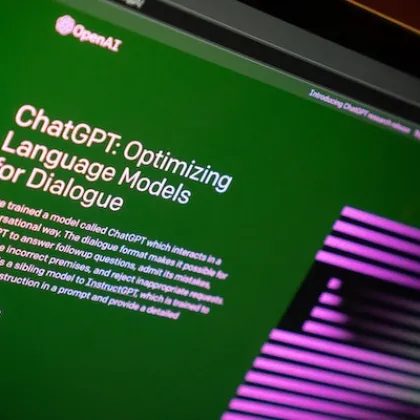
In this Q&A, Mitch Lovett, senior associate dean of education and innovation, reflects on the challenges and opportunities presented by the newly released chatbot.

In this blog post, Cliff Smith shares insights on the trends, indicators, and events that will define the year ahead.

In this blog, Dean Sevin Yeltekin teams up with Simon professor Jim Brickley, senior associate dean for faculty and research, to explain the factors that contributed to the recent collapse of FTX.
In this blog post, Alan Moreira reflects on why Silicon Valley Bank failed and what happens next.

In this blog, Simon alumnus Gerry Gitner ’68S (MBA) reflects on what he has learned about managing risk from nearly 50 years of experience in entrepreneurship and innovation.

In this Q&A, Professor Dennis Kessler reflects on the people, places, and mindsets that help entrepreneurs thrive.

Professor Joseph Kalmenovitz weighs in on the obstacles to regulating Big Tech companies.

In this blog post, Professor Ron Schmidt takes a closer look at the dynamics driving income variability in the top 1% of U.S. earners.

In this blog, Professor Gerry Wedig explains how market forces and public policy can improve the quality of care in nursing homes across the U.S.

In this blog post, Professor David Primo explores the balance that business schools must strike between responding to market forces and preserving academic freedom.

In this blog, Dean Sevin Yeltekin reflects on the lessons we should derive from the recent clash between the UK government and the Bank of England in the wake of the financial crisis.

In this Q&A, Executive Professor Roberto Colangelo shares his thoughts on teaching Simon students to adopt a mindset of innovation.

In this blog post, Jim Brickley paints a detailed picture of the risks that come with investing in Chinese companies.

In this blog post, Joseph Kalmenovitz shares key insights about the dynamics that shape U.S. regulatory policy and determine the impact of regulation on corporations.

In this blog post, Professor Elena Prager shares five insights about the complex relationship between U.S. antitrust laws and the labor market.

In this blog post, Professor Christian Opp offers a practical guide to thinking about the benefits of lending shares to short sellers.

In this blog post, Dean Sevin Yeltekin uses foreign currency crises as a framework for understanding the risks and disadvantages built into the cryptocurrency market.

In this Q&A, Simon alumna Amanda Mari ’09S (MBA) provides an inside look at the emergence of ESG in the world of private credit and lending.

In this Q&A, IMD finance professor Karl Schmedders examines obstacles and opportunities in ESG through a global lens.

In this blog post, Professor Jeanine Miklós-Thal predicts an all-or-nothing approach to data sharing in the future.
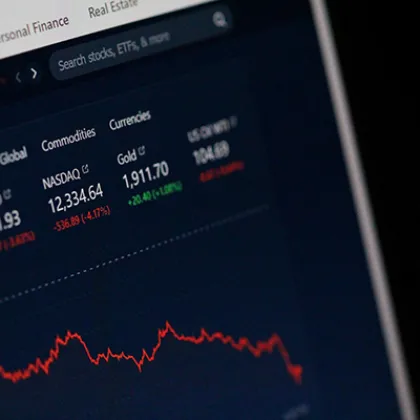
In this Q&A, Simon Adjunct Professor Martin Jarzebowski shares his perspective on the evolution of ESG data, corporate engagement, and the convergence of sustainability and finance.

In this blog post, Professor Narayana Kocherlakota weighs in on prevailing theories about the root causes and optimal solutions for rising inflation.

In this blog post, Professor Ricky Roet-Green uses the example of TSA PreCheck to illustrate what a socially optimal expedited service would look like.
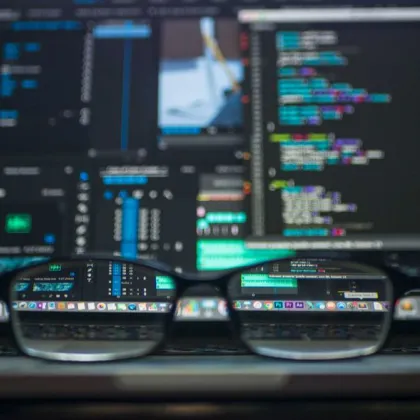
In this blog post, Professor Yaron Shaposhnik provides an overview of XAI, a growing field that aims to improve the understanding of predictive models.

In this Q&A, Simon alumnus David Khani, MBA’93, shares his perspective on the obstacles and opportunities the U.S. energy sector must navigate in the quest for a clean, reliable source of energy.

In this Q&A, Professors Cliff Smith and Jim Brickley take us inside their new book: Advanced Introduction to Corporate Finance.

In this blog post, Dean Sevin Yeltekin examines 5 pressing questions at the intersection of inflation, energy prices, and monetary policy.
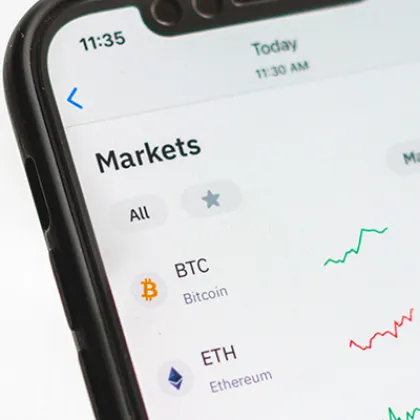
In this blog post, Dean Sevin Yeltekin shares key insights from Professor Yukun Liu’s research on cryptocurrency.

In this blog post, Professor Joanna Wu takes a closer look at Chinese companies that raise capital on the U.S. stock market.

In this blog post, Dean Sevin Yeltekin hears from Professor Ron Goettler about the impact of the Simon School Venture Fund on student learning.

In this blog post, Dean Yeltekin gets Professor Sudarshan Jayaraman’s take on the decades-long rise in CEO compensation.

One of the hardest jobs of a seller is to develop an effective price-setting strategy. Pricing algorithms can help, but they present significant limitations. In this post, Professor Yufeng Huang uses the example of Airbnb rentals to illustrate how to make algorithms work better for sellers.

In this blog post, Dean Yeltekin interviews Robert Berkman, the University of Rochester’s Outreach Business Librarian, about his recent efforts to corral ESG resources for the Simon community.

In this post, Dean Yeltekin offers a look into research presented at the bi-annual Carnegie-Rochester-NYU Conference on Public Policy highlighting economic mobility, opportunity, gender, and race.

In this Q&A, Dean Yeltekin talks with Professor David Primo on the political and economic obstacles to reducing the national debt.

In this Q&A, Dean Yeltekin examines the past, present, and future of the U.S. national debt with Stanford economist Kenneth Judd.

The laws of supply and demand tell us that when demand spikes, prices do too. But when price promotions enter the mix, the opposite holds true. New research by Simon Professor Avery Haviv explains why.

In this post, Dean Yeltekin presents key insights from Professors Narayana Kocherlakota and Cliff Smith about what we can expect in a post-pandemic economy.

As the U.S. economy recovers from the COVID-19 pandemic in fits and starts, the steady rise of inflation is sounding alarm bells in academic corridors and newsrooms alike. In this post, Dean Yeltekin takes a closer look at inflation and addresses six key questions related to its rise.
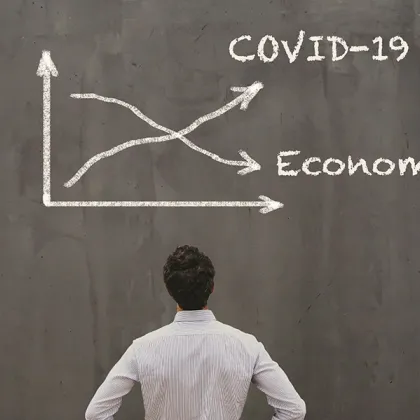
In this post, University of Rochester Professor Lisa Kahn reflects on the impact of the COVID-19 pandemic on the U.S. labor market and the dislocation it wrought. While the forecast will change as new data emerges, Professor Kahn identifies three surprising ways in which the pandemic has reshaped the labor market landscape.

Is there a relationship between CEO pay and shareholder return? Simon Business School professor Ron Schmidt argues that, despite assertions to the contrary in opinion essays and by business journalists, there is. In this post he’ll share in-depth research to support his findings, and explore this relationship and its implications.

Since the inauguration of President Biden, the nearly $1 trillion infrastructure package championed by his administration has become a lightning rod for partisan wrangling in Congress. Earlier this summer, I sat down with Josh Goldberg, a director of Summit Consulting, to discuss the need for a more adaptable, agile national infrastructure.

The healthcare industry is “ripe for disruption” for business-minded innovators, according to Dr. Michael Hasselberg, UR Health’s first Senior Director of Digital Health. In this Q&A, Michael shares his insights about ongoing successes, challenges, and opportunities for collaboration in his mission to reshape the digital landscape at UR Medicine.

Over the past few months, the prices of meme stocks like GameStop and AMC have swung wildly, attracting the attention of investors and raising questions about the informational efficiency of stock markets—the idea that all public information relating to a company’s stock is correctly incorporated into its current price.

Every September, academics and industry leaders converge to compete in the ImageNet Challenge (ILSVRC), an annual computer vision competition that invites participants to develop software programs that can correctly classify and detect images stored in ImageNet’s large visual database.

If you call a 1-800 number and endure the hold music for long enough, you can reasonably expect to reach a customer service representative. If you choose to lodge a complaint via social media, on the other hand, it can be difficult to predict what level of response you will elicit. Some interactions between customers and brands may lead nowhere, while others may ignite a media firestorm.
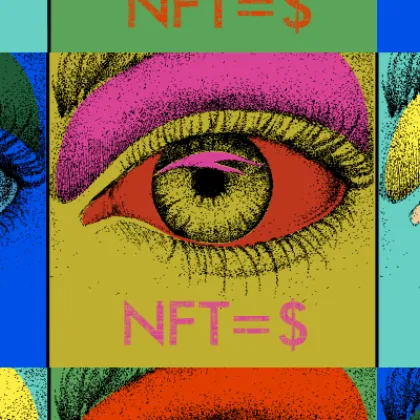
Sales of digital art, photographs, and digital texts are booming through the use of non-fungible tokens (“NFTs”) sold using cryptocurrency and recorded on a blockchain.
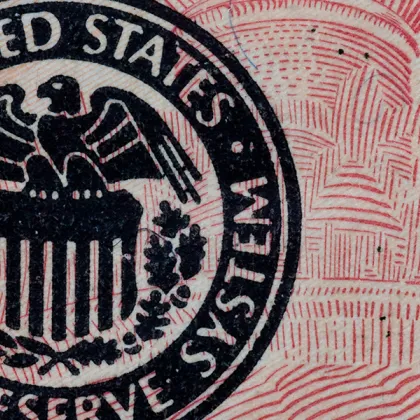
Twice a year, the Simon Business School, together with the economics department at University of Rochester, participates in a joint public policy conference alongside the NYU Stern School of Business and Carnegie Mellon University’s Tepper School of Business.
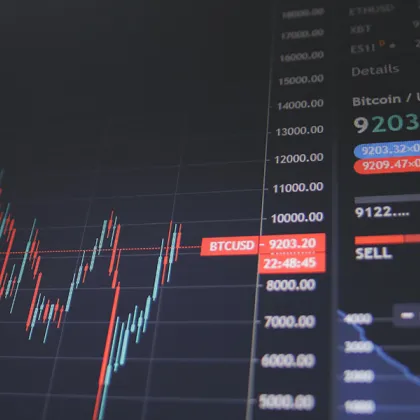
In March 2020, the US stock market experienced wild fluctuations as the arrival of the COVID-19 pandemic sent shock waves through the economy. Corporate debt markets were hit even harder, with Investment Grade (IG) falling by 20%, about as large as high-yield debt, and of a similar order of magnitude as stocks.

If last year’s CARES Act was designed to shield Americans from the economic onslaught of COVID-19, this year’s American Rescue Plan Act was intended to deal a lethal blow. Did it succeed? It’s complicated.
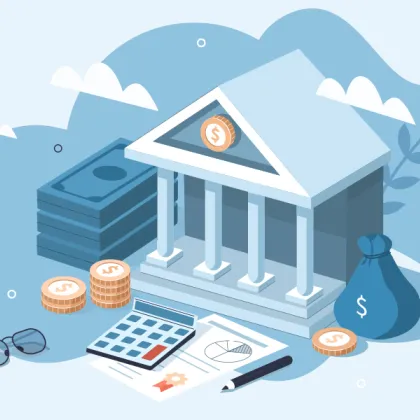
The nonpartisan Congressional Budget Office just issued its latest Long-Term Budget Outlook, and the outlook is bleak. The CBO projects that the national debt held by the public will reach twice the size of the entire economy (measured in terms of gross domestic product, or GDP) by 2050—and that’s if interest rates don’t shoot up in the interim.
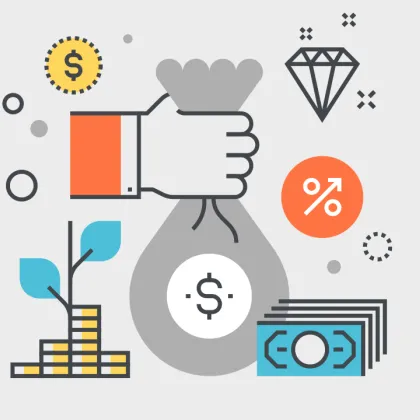
In fiscal policy, as in battle, a blunt instrument is usually better than none at all. That has certainly been the case when it comes to the Coronavirus Aid, Relief, and Economic Security (CARES) Act, the country’s largest stimulus package since World War II.